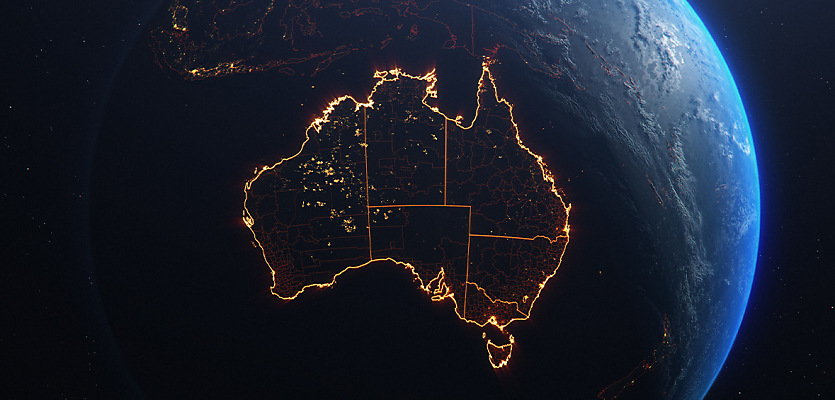The trend of burnout is increasing throughout the Australian workplace, with more and more employees coming forward proclaiming that their job tasks are overwhelming.
A new global survey by UiPath has revealed that 82 per cent of Australian knowledge workers are feeling burnt out, with more than a third (36 per cent) of workers feeling very or extremely burnt out. These numbers exceed any other country surveyed.
This follows on from an article previously featured on REB's sister platform HR Leader, which touched on the fact that burnout and mental and physical exhaustion were at an all-time high, showing the rut that many Australian workers are in right now.
A common theme referenced in that article was workload and its effect on Australian workers. Similarly, in this survey, most Australian workers seek a reduced workload (62 per cent), along with more transparency from their leadership team (41 per cent) and more time to get tasks done (38 per cent).
If an increased workload is fanning the flames of burnout, then AI and new technologies are the acting deterrent. As workers explained in the survey, one in four (25 per cent) are using generative AI (GenAI)and automation together to actively reduce feelings of burnout (30 per cent), as well as:
- Greater productivity from being able to get tasks done faster (42 per cent)
- More accurate work (36 per cent)
- Better job satisfaction (35 per cent)
- Improved work/life balance (33 per cent)
- Reduced feelings of burnout (30 per cent)
Around 90 per cent of Australian workers stated that GenAI and automation (85 per cent) are saving around 25 hours of work each week, reinforcing the notion that AI can be a tool that not only achieves higher rates of productivity but also work as a crutch to avoid excessive burnout.
With those saved hours, workers were making use of them to focus on creative tasks (42 per cent), being able to finish work earlier (31 per cent), spending more time interacting with their colleagues (29 per cent), spending more time with family (29 per cent).
Although the evidence is clear that AI offers numerous benefits to workers, organisations are still struggling to implement it in a precise way.
“The survey indicates that Australian workers who use AI and automation together achieve better productivity and employee engagement. However, 75 per cent of knowledge workers and their organisations still struggle to transform AI into meaningful business outcomes,” Lee Hawksley, president at UiPath, said.
“Automation needs to become the key element to bring it all to life.”
Alleviating stress levels and the chances of becoming a victim to burnout are top priorities for Australia’s workers. Flexibility was referenced as something that could act as a relief from that stress, and it is an option that workers want more of (41 per cent).
The options are available to alleviate the high rates of burnout and stress, but they require direct support from organisations. If clear lines of communication are present and employees can relay how flexibility and AI can be a deterrent to burnout, then organisations should support that and implement it in a clear and precise way.









You are not authorised to post comments.
Comments will undergo moderation before they get published.